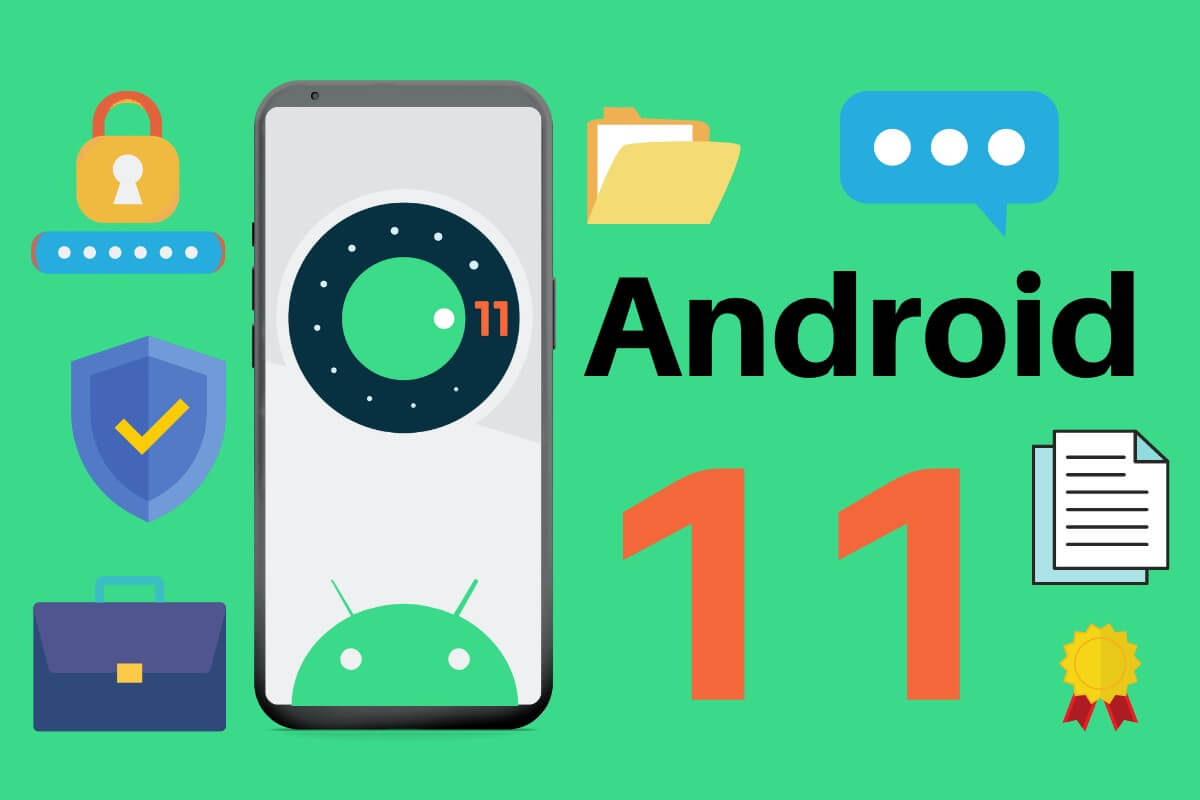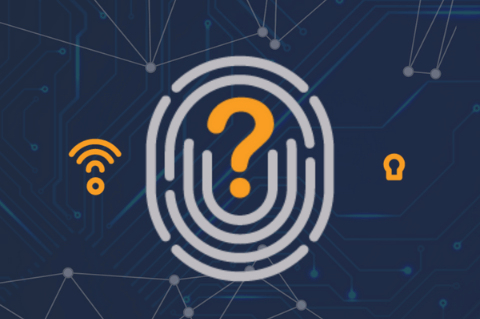Along with Android 11, many innovations have entered the market compared to Android 10. In addition to the innovations that participate in our daily lives, along with the release of Android 11, there are developments that concern us at the corporate level, that is, at the level of managing corporate devices. The Android 11 version, released on September 8, 2020, is the 11th version of the Android mobile operating system. You see, the Android 11 update is not as brand new as one might think; in fact, Android 12 is already on the market. So why talk about Android 11 now?
At MobiVisor we noticed that a significant number of managed mobile devices are still older Android versions and thus were not affected by the change in mobile device management that Android 11 brings. But while companies are upgrading and renewing their mobile device fleets more and more, it is very important to talk about the significant impact Android 11 and following versions have.
What’s new, Android?
Technology is developing rapidly and we are trying to keep up with its pace. But sometimes the biggest vulnerability of rapidly developing technology can be in the security and privacy of our devices. With the release of Android 10 for users, extended user security measures have entered our lives. With Android 11, security and privacy have been further increased for corporate devices enabled for personal use. We are of course, talking about devices that are used as work devices as well as personal mobile devices.
With the Android 11 update, the privacy protections provided for personal devices have been made available, while personal usage restrictions have been placed on the work profile, thus improving the work profile support for company-owned devices. These changes will provide all employees with a consistent user experience and privacy offering, and will also provide device-compatible extended management features.
Android in business contexts
First of all, Android 11 doesn’t change much in regards to usability. That means that the basic ways of how android works remain unfazed. The real difference is located in the background.
For a long time, Android tried to build up a more company friendly business model that directly compares to systems like Samsung Knox or Apple DEP. Android's biggest advantage is still that it is very easy to handle and thus widely used. So of course, it would make sense for Android to try and get more into companies. But to achieve this it is most important to have a safe and sound security infrastructure.
When we compare older versions of android and how they worked with MDMs, it becomes obvious that there were security gaps, for example certain restrictions, that were not available for every android device. Also, not every android device reacted as well as some others would to commands coming from an MDM. The reasons for this were of course altered android versions on different devices: Samsung for example has their own very stable and reliable android version and thus worked very well with any MDM, even if it wasn’t Samsung Knox.
Others, for example Huawei devices, never took well to MDMs.
This leaves Android with a problem, though: to win more and more market shares, it is important to become a more reliable partner. So basically one point was to enhance security measures.
Another difference lies in the way MDMs used to set up restrictions on mobile devices. As a system administrator you’d have to choose which apps and settings can be used or changed by the user. In the past, many companies handled this by either strictly forbidding personal usage and so having total control over a device or by dividing the device into personal and work profile.
So far that's nothing new; however, strict regulations might have a negative impact on employer branding. Which company likes to be called old-fashioned or dusty?
In summary, companies are caught between the need for high security standards (especially when working remotely or with sensitive data) and being a company that is open and employee friendly. The last of course poses not an insignificant number of threats. Everytime employees could also use their devices for personal purposes there is the danger of misusing devices or data loss.
Thus, companies also often chose the COPE (company Owned, personally enabled) option for the devices. With older Android versions, they could still be sure to have some kind of access to the personal profile of the employees, for example to forbid the usage of apps like Whatsapp or Facebook. This is a slip with a catch though, as the personal data of employees might not be entirely sheltered from a company's grip.




